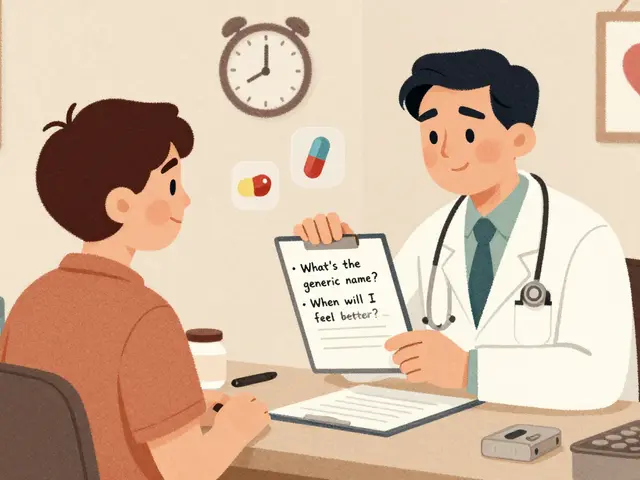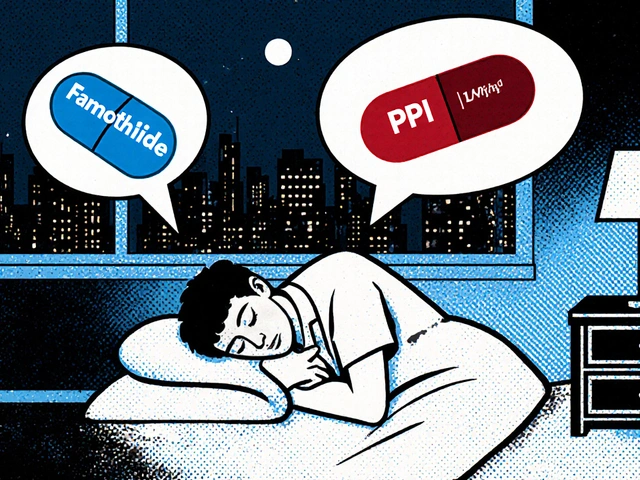Metformin alternatives
Metformin works well for many people, but it isn’t right for everyone. Maybe you get bad stomach upset, have kidney issues, or need a stronger option to lower blood sugar and weight. This page gives clear, practical alternatives so you can talk to your doctor with confidence.
Common drug alternatives — quick comparison
Here are the main classes doctors consider when metformin isn't suitable. I’ll keep it short and practical.
- GLP-1 receptor agonists (liraglutide, semaglutide) — Lower blood sugar and often cause weight loss. Good for heart health in some people. Given by injection or weekly shot. Side effects: nausea, rare pancreatitis.
- SGLT2 inhibitors (empagliflozin, canagliflozin) — Help lower glucose and reduce heart failure and kidney risks in many patients. Can cause urinary infections and a small risk of ketoacidosis. Useful if weight and blood pressure are concerns.
- DPP-4 inhibitors (sitagliptin, linagliptin) — Mild glucose-lowering, taken as a pill, low risk of low blood sugar. Good if you need something gentle with fewer side effects.
- Sulfonylureas (glipizide, gliclazide) — Strong glucose-lowering and cheap, but higher risk of low blood sugar and possible weight gain. Often considered when cost is a major factor.
- Thiazolidinediones (pioglitazone) — Improve insulin sensitivity. Can cause fluid retention and weight gain; not ideal for heart failure patients.
- Insulin — Most effective at lowering blood sugar. Needed if oral meds don’t control glucose. Requires injections and careful monitoring for low blood sugar.
- Other options — Acarbose (slows carb absorption), meglitinides (short-acting insulin secretagogues). These are useful in specific situations but have limits.
How to pick the right alternative
Ask about these factors when you talk to your doctor: kidney function, heart disease, weight goals, risk of low blood sugar, cost, and pregnancy plans. For example, if you have heart or kidney disease, SGLT2s or certain GLP-1s might be preferred. If you can't handle injections, consider DPP-4s or an oral SGLT2.
Practical tips: ask how the drug affects weight, what side effects to expect, how often you need blood tests, and whether it interacts with other meds you take. If cost is an issue, request a cheaper alternative or a patient assistance program.
Switching medicines usually means gradual changes and close monitoring. Keep a log of your blood sugars and symptoms for the first few weeks. If you notice severe side effects—difficulty breathing, severe belly pain, fainting—seek care immediately.
Finally, remember meds are only one piece. Adjusting diet, moving more, and losing a bit of weight can improve blood sugar and reduce the need for extra drugs. If you want, ask about weight-loss procedures too—bariatric surgery can dramatically lower blood sugar in some people.
Bring this list to your next visit. It will help your doctor tailor a safer, more effective plan if metformin isn’t the right fit for you.





